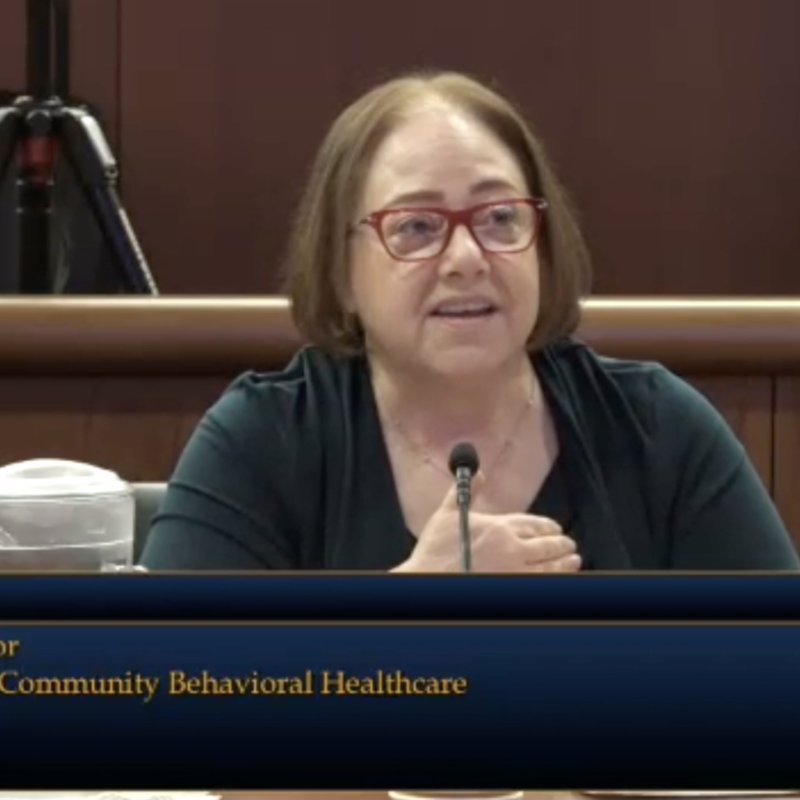NYS Council for Community Behavioral Healthcare
Advocating for, protecting, and enhancing access to effective, recovery-focused mental health and addiction services for individuals and families in need
The New York State Council for Community Behavioral Healthcare (“The Council”) is an outcome-oriented statewide, non-profit, 501(c)(3) membership organization composed of 165 community-based organizations that provide recovery-focused mental health and/or substance abuse/chemical dependence and addiction treatment programs and services for New Yorkers in need.
Latest News
Community Behavioral Healthcare Leaders Express Disappointment with Governor and Call on State Lawmakers to Prioritize Necessary Change to Medicaid Managed Care
NYS Council Statement on Governor Hochul Failing to Address Medicaid Managed Care in Executive Budget
It’s disappointing to see Governor Hochul’s Executive Budget ignore the needs of millions of New Yorkers with mental health and/or substance use disorder conditions enrolled in New York’s Medicaid managed care program by failing to include a carve out of most behavioral healthcare services from Medicaid managed care.




